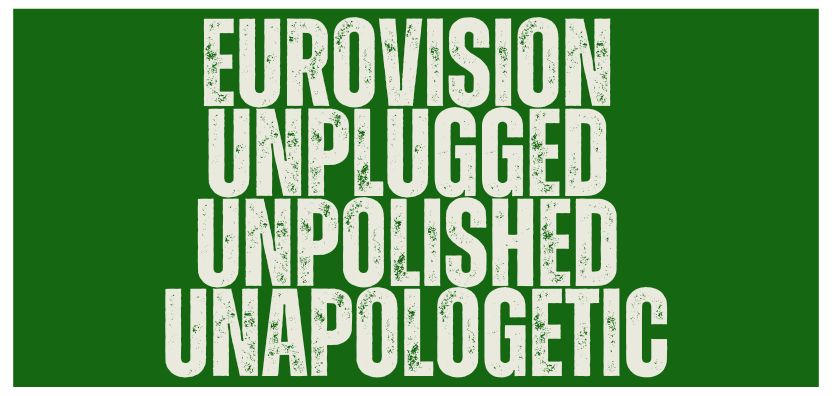Croatia debuted at the Eurovision Song Contest in 1993, following the breakup of Yugoslavia, and has participated regularly since. Known for its diverse musical styles, Croatia’s best results came in the 1990s, with Maja Blagdan’s Sveta Ljubav placing fourth in 1996 and Doris Dragović’s Marija Magdalena achieving the same in 1999. Despite these early successes, Croatia has struggled to reach the top ten in recent years, often failing to qualify for the finals.
Croatia’s entries showcase a mix of traditional Balkan influences and contemporary pop, often performed in Croatian to highlight national identity. The national selection, Dora, has been instrumental in presenting a variety of artists and styles.
Controversies have occasionally surfaced, such as debates over political messaging in songs and dissatisfaction with jury and televote results. Despite these challenges, Croatia’s Eurovision journey reflects a passion for music and a dedication to showcasing its culture to an international audience.
The 2025 entry continues this tradition, blending modern pop with regional elements to appeal both at home and abroad.






